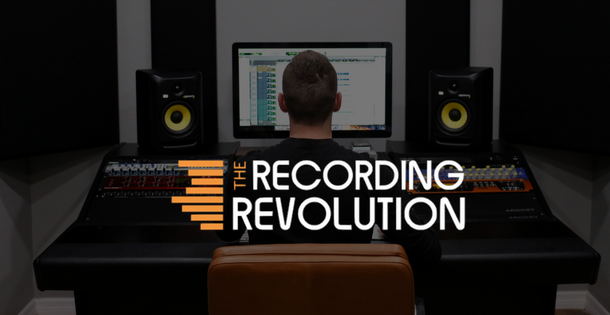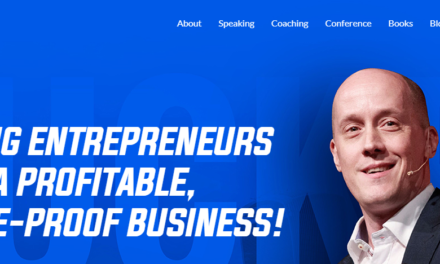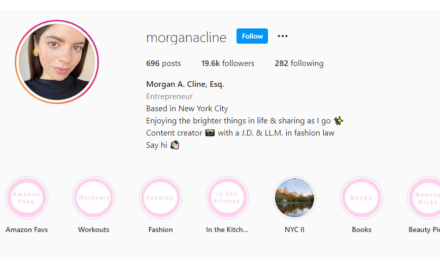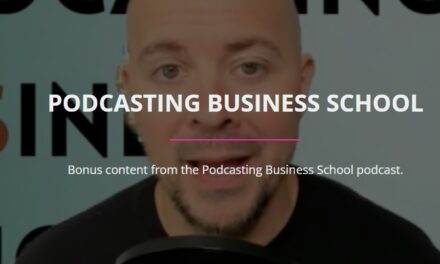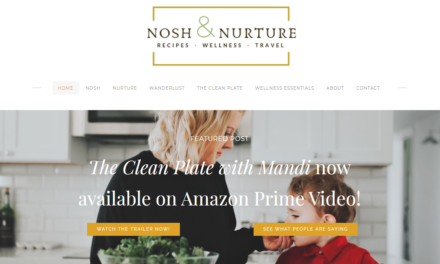Entrepreneur: Graham Cochrane
Biz: The Recording Revolution and Graham Cochrane
Tilt: At-home production of top-notch music
Scene: YouTube (637K) Facebook (116.9K), podcast
Snack Bites:
- Graham launched a blog and YouTube channel as a marketing tool for his freelance recording and sound mixer business in 2009. A year later, he realized that marketing could be a money-making business.
- His first revenue came from ads and sponsorships. But his more significant revenue streams came from ebooks and online courses.
- In 2022, Graham earns $160K a month – $40K from The Recording Revolution and $120K from his online business coaching.
Why We Stan: Graham gets how to be an entrepreneur in the creator economy. He advocates having a clear voice in your niche. He also asks for email addresses in exchange for his free guides and other content. It makes it easier to automate the follow-up and outreach process, he says.
The Story of Graham Cochrane
Graham Cochrane started his blog and YouTube channel as content marketing tools. The freelance recording and sound mixer answered questions he was frequently asked to drum up more business.
In 2010, that blog became The Recording Revolution and a business in its own right. By June 2015, his content business was bringing in $35K to $75K a month. In 2022, Graham earns $160K a month – $40K from The Recording Revolution and $120K from his coaching business.
While the revenue is big now, The Recording Revolution wasn’t an instant financial success. Graham tells Insider it was two years before he made any real money.
@TheGCochrane is a big success today, but it took two years before his first content business (The Recording Revolution) made any real money. (via @ThisIsInsider) #Stan #CreatorEconomy Share on XThat’s not surprising to us. The Tilt 2022 Content Entrepreneur Benchmark Research found content entrepreneurs took an average of 17 months before they earned enough revenue to support at least one person.
Today, Graham, as he writes in a CNBC article, spends about five hours a week on the business.
Beginning a content business
Every week, Graham crafted three articles for his blog and produced one YouTube video. His content encompassed recording and editing techniques, product reviews, and musician and producer interviews, according to CNBC.
Viewership in 2010 grew from 60 views to 2K views a day. His first revenue came from ad revenue and sponsorships after he sent a media kit detailing web traffic and audience demographics to target brands.
Expanding revenue streams
But banner ads and sponsor mentions weren’t what propelled the big revenue. Graham tells CNBC that happened when he created content products such as ebooks and courses for The Recording Revolution. Its current premium products include Mixing University, Total Home Recording, and The Audio Income Project.
Graham achieved mega success when he added a second, self-titled business – coaching people to learn how to build a digital business as he did. Just as he did with The Recording Revolution, Graham uses content marketing to promote the business. He writes a blog and hosts a podcast.
Graham also offers three premium product lines:
- Automatic Income Academy – a flagship course that covers everything from idea to revenue generation
- Six-Figure Coaching Community – a monthly business coaching program
- Epic Mastermind – a weekly coaching program that follows the mastermind principle
In 2022, he used the knowledge gained over the past 12 years to publish the book How To Get Paid for What You Know: Turning Your Knowledge, Passion, and Experience Into an Online Income in Your Spare Time.
With the success of his first digital content business, @TheGCochrane launched a coaching service to help others do the same. It includes a #Podcast, #Book, #OnlineCourses, and #Community. #Stan Share on XGiving to get
Graham tells Insider that his business model is inspired by The Go-Giver. “How my business thrives is by being super generous – by creating a lot of value, giving it away, and not really worrying if those people become customers or not,” he explains.
In his CNBC article, Graham says he understands giving away content that he could sell sounds counterintuitive, but it’s not. “It’s a way for people to discover and build trust with me. Then, when I do sell a premium product, they are ready and willing to pay for it.”
Graham also encourages other entrepreneurs in the creator economy to find their content tilt – what he describes as “a clear voice in your niche.”
“Don’t just relay information. There’s information aplenty. Put your unique view and spin on it,” Graham tells Insider. “Everything I do lives or dies by my content.”
About the author
Ann regularly combines words and strategy for B2B, B2C, and nonprofits, continuing to live up to her high school nickname, Editor Ann. An IABC Communicator of the Year and founder of G Force Communication, Ann coaches and trains professionals in all things content. Connect with her on LinkedIn and Twitter.

